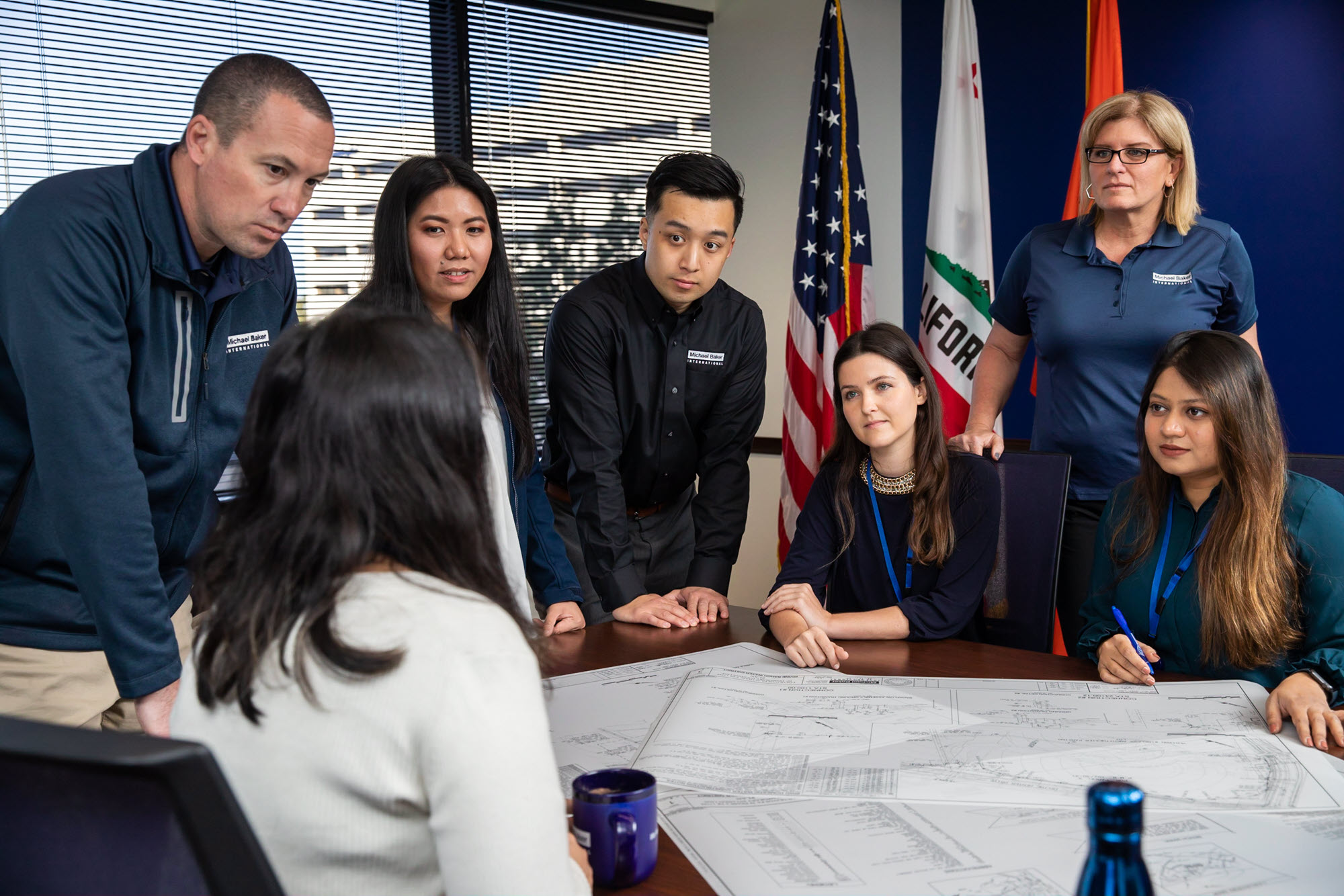 Jason Dixson Photography
Jason Dixson PhotographyIt’s 2025, and the engineering workforce crisis that truly revealed itself during the COVID pandemic is still with us.
If anything, the challenges are only growing.
“We all know we have a problem,” said Leslie S. Richards, former Pennsylvania secretary of transportation who is now teaching as a professor of practice at the University of Pennsylvania. “Hiring is harder than ever. We’ve got to decide what we’re going to do.”
Richards spoke this month at the Engineering Workforce Consortium Workshop in Washington, D.C., an event featuring leaders from ASCE, the American Public Works Association, American Council of Engineering Companies, and others, as ASCE looks to solve those growing challenges.
The workshop aimed to share and develop best practices for several key workforce topics, including mentorship, developing the next generation of leaders, attracting youth to the profession, and integrating new technology into STEM curricula.
ASCE 2023 President Maria C. Lehman, P.E., ENV SP, F.ASCE, pointed toward one key fix across all the issues: culture. Lehman sees civil engineering as the place where the future gets built but thinks a culture shift is necessary to position it as such.
“We keep selling hard hats and muddy boots, and what we do is way sexier than that,” Lehman said. “We need to change the culture of what civil engineering is and does, from cradle to grave.
“How do we get more people interested up front? How do we get them engaged – whether it’s from an agency, whether it’s at a consulting firm, or whether it’s an academic institution? How do they feel like they’re part of this brand-new future?
“It’s about how everybody in the pipeline needs to feel engaged in what we’re doing, and that it really is about taking positive steps for the future. And that’s culture.”
ASCE’s role in helping lead the workshop continues the Society’s ongoing work fostering workforce solutions. The Society hosted its first Justice, Equity, Diversity, and Inclusion Engineering Workforce Summit last December. It will host the 2025 Civil Engineering Education Summit (registration open now), June 10-12, at Case Western Reserve University.
Lehman’s role is pivotal as chair of the ASCE Task Committee on Transforming Our Workforce, which is looking at four main areas of action:
- Working with ABET to improve accreditation to better support industry needs.
- Improving licensure to allow for multiple entry points.
- Growing outreach to attract and retain more civil engineers.
- Improving student pathways to better align with new educational and employment models.
The civil engineering pipeline gets a ton of attention, and rightfully so, when workforce topics arise, but retention issues are often just as important. Jessica Krueger, P.E., M.ASCE, a water resources project manager for RK&K in Baltimore and chair of ASCE’s Committee on Professional Career Growth, participated in the Engineering Workforce Consortium Workshop and talked about how valuable it is to show civil engineers in the so-called mid-level (ages 30 to 40) pathways to success so that they stay engaged in their careers and the industry.
“I think at the mid-career level, people start floating into that ‘Where to go next?’ stage,” Krueger said. “Do you want to be a project manager? Do you want to be a technical manager? What are you interested in? Are you locked in on something, or do you want to explore other opportunities?
“So we’re really focusing in the Committee on Professional Career Growth in helping mid-career engineers to find what they’re interested in and then identifying mentors or other folks in the same stage they can talk about those things with.”
Like Lehman, Krueger thinks communicating is key – letting people know what civil engineering is all about and where civil engineers can go next in their careers.
“Engineers love to figure things out, to have a pathway, to know where they’re going,” Krueger said. “And when you get to a point where there’s not a clear roadmap for the next decision to make, I think that’s when folks struggle with what to do next.
“For me, it’s been so important going to other folks who are maybe a little bit ahead of me or people who are in the same stage and facing the same decisions and just talking things through with them. That’s what helps, knowing that the relationships and the support are there to keep going.”
Learn more about ASCE’s 2025 Civil Engineering Education Summit.



